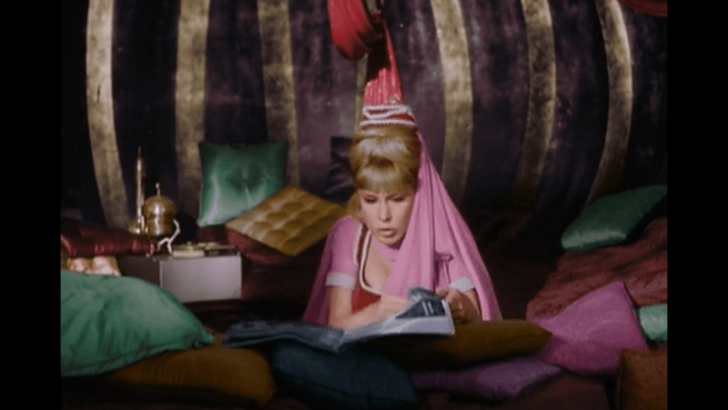The 1960s marked a transformative era for television, where seemingly lighthearted or unconventional shows began delving into profound themes and social commentary. During this time, TV shows cleverly disguised as mere entertainment started challenging societal norms and addressing contemporary issues. From tackling racism and war to exploring themes of acceptance and family values, these programs offered more than what met the eye. This period saw a unique blend of humor, fantasy, and drama used to provoke thought and reflection among viewers. Here, we explore 12 such shows from the 1960s that ventured beyond their apparent simplicity to leave a lasting impact.
1. Star Trek
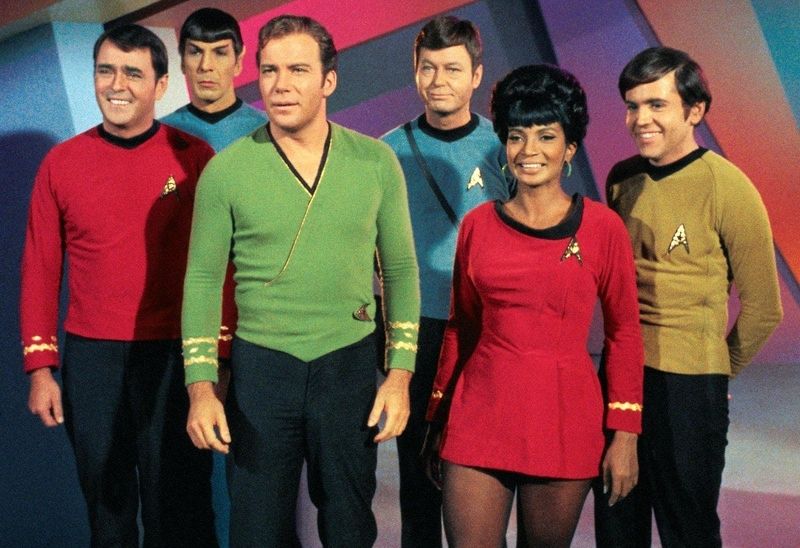
Set in the vast expanse of space, “Star Trek” engaged audiences with its adventure and deep social commentary. Its diverse cast, featuring Lieutenant Uhura and Mr. Sulu, broke racial barriers, representing a hopeful vision of unity. In a groundbreaking moment, it presented the first interracial kiss on American TV.
Characters like Captain Kirk and Spock became cultural icons, representing exploration and logic. The show’s futuristic narratives often mirrored contemporary social issues, offering a lens to examine racism, war, and peace.
Its legacy endures, influencing generations to dream of a more inclusive future.
2. The Twilight Zone
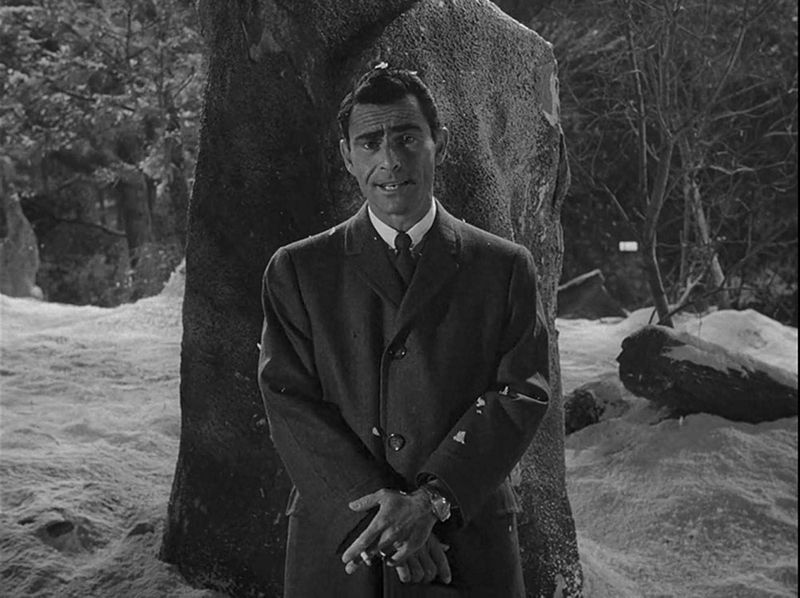
“The Twilight Zone” was a portal to another dimension, blending science fiction with profound societal insights. Rod Serling’s narration set the stage for exploring authoritarianism and conformity’s dangers. Each episode unfolded a unique tale, challenging viewers’ perceptions of reality.
The show’s black-and-white aesthetic added to its eerie charm, making it timeless. Its narratives often served as allegories for contemporary issues, prompting introspection.
Through its speculative storytelling, it urged audiences to reflect on the world’s complexities. Even today, its thought-provoking episodes resonate, reminding us of the fine line between fantasy and reality.
3. The Smothers Brothers Comedy Hour
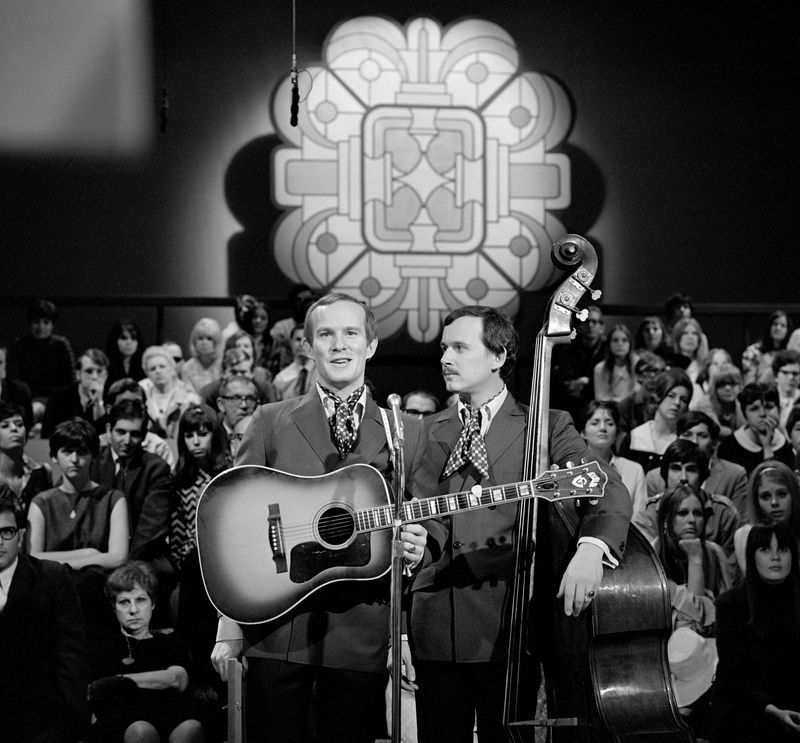
With sharp wit and humor, “The Smothers Brothers Comedy Hour” became a beacon of political satire during turbulent times. Hosted by Tom and Dick Smothers, it pushed boundaries, addressing anti-war sentiments and social change.
The variety show featured musical guests who echoed countercultural messages, often clashing with network executives. Its bold commentary on authority and war sparked conversations across America.
Despite its comedic nature, it courageously tackled serious topics, reflecting society’s unrest. Its influence was undeniable, paving the way for future shows that dared to speak out. The brothers’ legacy of satire continues to inspire comedians today.
4. The Addams Family
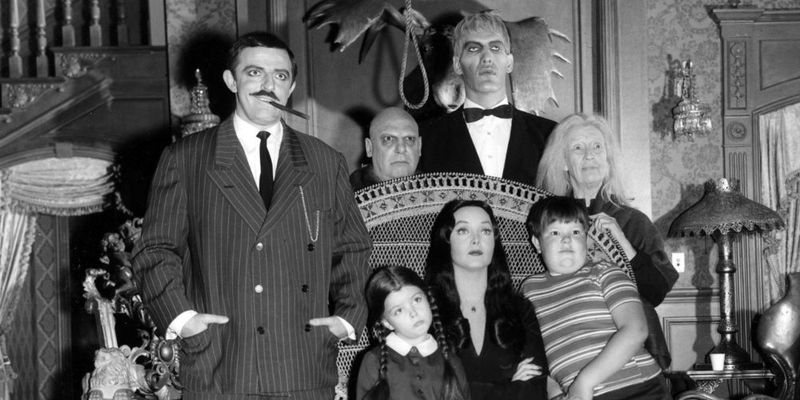
The macabre charm of “The Addams Family” offered more than eccentric entertainment. Its gothic setting and peculiar characters challenged traditional family values, making it a cult classic.
Led by the suave Gomez and mysterious Morticia, the family embraced uniqueness, celebrating individuality in a conformist society. Their dark humor critiqued societal norms, questioning the definition of “normal.”
Through its whimsical storytelling, it subtly addressed acceptance and diversity. Its legacy endures, inspiring adaptations and reminding audiences of the beauty in unconventionality. The Addams’ world remains a cherished haven for those who march to their own beat.
5. The Munsters
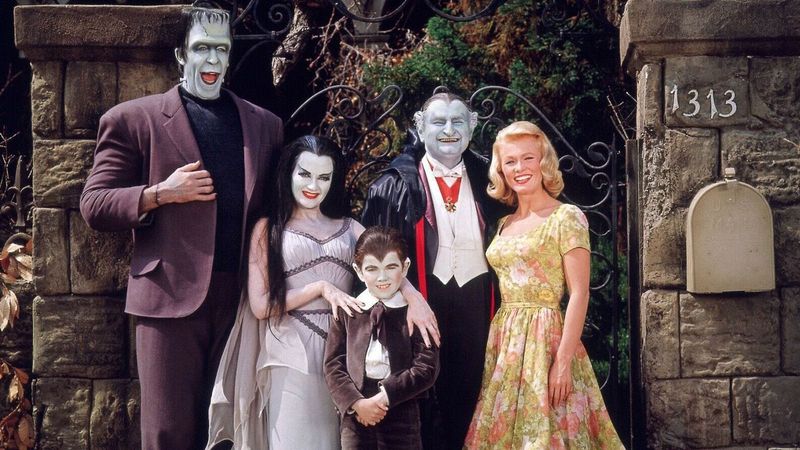
In “The Munsters,” a family of endearing monsters turned suburban life on its head. Their monstrous appearances contrasted with their kindhearted nature, humorously exploring themes of acceptance and prejudice.
Led by the lovable Herman and nurturing Lily, the family navigated everyday challenges, revealing society’s biases. Their interactions with “normal” neighbors highlighted the absurdity of societal judgments.
The show’s playful tone masked its deeper commentary on embracing diversity. Through laughter, it encouraged viewers to question appearances and appreciate the richness of differences. The Munsters’ legacy endures, reminding us to look beyond the surface.
6. Batman

“Batman” burst onto the 1960s TV scene with its campy charm and colorful villains. Adam West’s iconic portrayal made the caped crusader a household name, while the show’s pop-art aesthetic captivated audiences.
Beneath the camp, it tackled good versus evil, justice, and morality in imaginative ways. Each episode featured a new villain, each more eccentric than the last, posing ethical dilemmas masked in whimsy.
Its playful tone belied deeper questions about heroism and identity. “Batman” became a symbol of justice, inspiring countless adaptations and proving that even a superhero show could have depth.
7. Bewitched
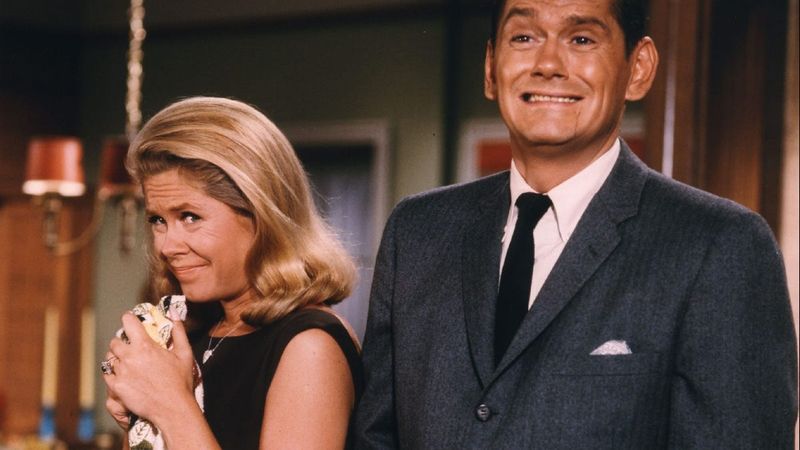
“Bewitched” cast a spell on viewers with its enchanting blend of fantasy and domesticity. Samantha, the charming witch, navigated suburban life while concealing her magical abilities from neighbors.
Her marriage to mortal Darrin explored themes of identity and acceptance, questioning societal expectations of conformity. The show cleverly addressed women’s roles in a changing world, using humor and magic to highlight gender dynamics.
Despite its lighthearted veneer, “Bewitched” offered a nuanced critique of traditional family structures. Samantha’s bewitching world continues to charm audiences, reminding us of the magic in embracing our true selves.
8. I Dream of Jeannie
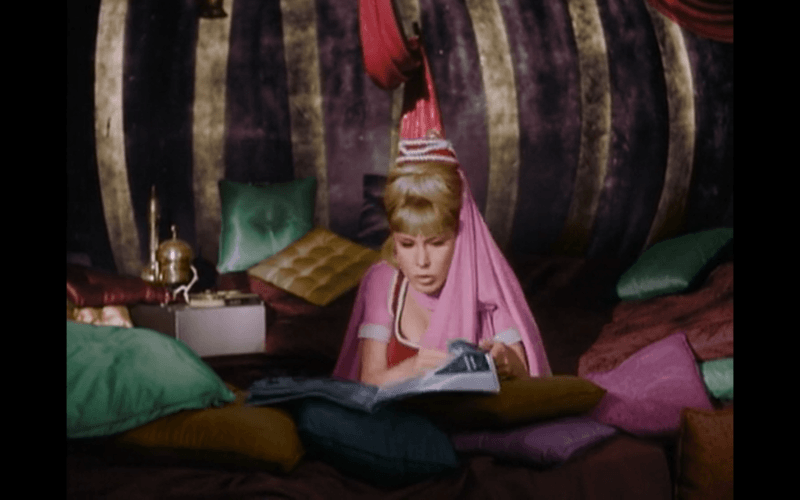
“I Dream of Jeannie” whisked viewers into a world of magic and romance. Jeannie, the enchanting genie, emerged from her bottle to disrupt astronaut Tony Nelson’s life, adding whimsy to the mundane.
Their relationship, though comedic, explored themes of power dynamics and gender roles, questioning societal norms. Jeannie’s antics revealed the tension between freedom and constraint in a traditional setting.
The show’s playful narrative masked its deeper reflections on identity and independence. Jeannie’s world of wishes and wonder remains a symbol of escapism, encouraging audiences to imagine the endless possibilities of magic.
9. Gilligan’s Island
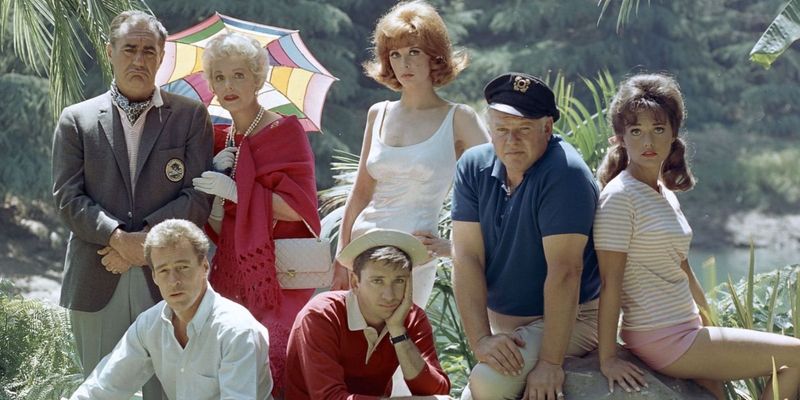
“Gilligan’s Island” transported audiences to a tropical paradise, where seven castaways turned misfortune into comedy gold. Their island adventures masked subtle critiques of society and human nature.
Each character, from the bumbling Gilligan to the professor, represented societal archetypes, highlighting humanity’s quirks. Their camaraderie in adversity showcased themes of cooperation and resilience.
The show’s lighthearted plots often veiled reflections on class and social dynamics. “Gilligan’s Island” became a beloved escape, inviting viewers to laugh while pondering deeper truths about community and survival.
10. The Andy Griffith Show
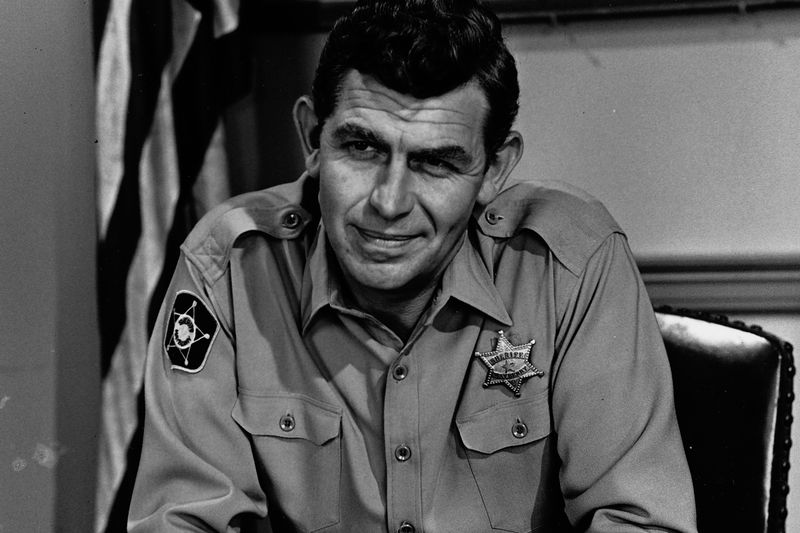
Amidst the idyllic setting of Mayberry, “The Andy Griffith Show” offered more than simple small-town charm. Sheriff Andy Taylor’s wisdom and kindness addressed life’s complexities with warmth and humor.
His father-son relationship with Opie provided touching insights into family values and moral lessons. The show’s gentle pace allowed for thoughtful exploration of community, integrity, and compassion.
Its nostalgic portrayal of Americana belied its subtle examination of societal issues. “The Andy Griffith Show” remains a beloved classic, evoking fond memories of simpler times and the enduring power of kindness.
11. Mission: Impossible
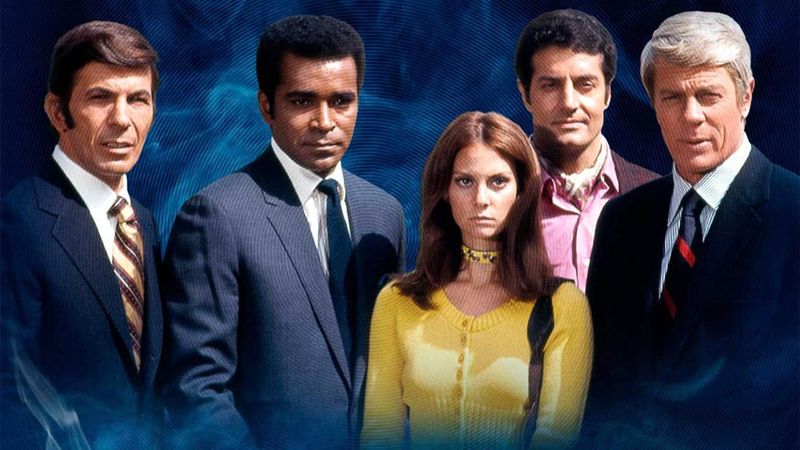
“Mission: Impossible” captivated audiences with its high-stakes espionage and clever problem-solving. The Impossible Missions Force executed daring operations, blending action with strategic depth.
Each mission unfolded with suspense, revealing the intricacies of deception and loyalty. The show’s innovative plots often paralleled Cold War tensions, offering a thrilling reflection of geopolitical realities.
The team’s ingenuity and determination highlighted themes of trust and sacrifice. “Mission: Impossible” set the standard for spy thrillers, inspiring future generations to embrace the allure of intelligence and intrigue.
12. The Fugitive
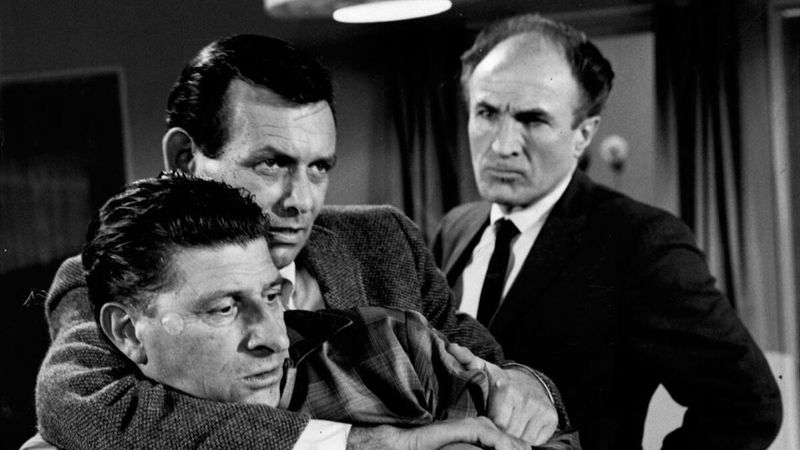
“The Fugitive” kept viewers on edge with its gripping tale of Dr. Richard Kimble, wrongfully accused of murder and on the run to prove his innocence. Each episode unraveled his quest for justice, blending suspense with human drama.
With Detective Gerard in relentless pursuit, the show explored themes of justice, morality, and redemption. Kimble’s encounters with strangers revealed society’s complexities, challenging preconceived notions of guilt and innocence.
The show’s intense narrative captivated audiences, making it a pioneering force in serialized storytelling. “The Fugitive” remains a timeless reminder of resilience and the pursuit of truth.

Well, hello there!
My name is Jennifer. Besides being an orthodontist, I am a mother to 3 playful boys. In this motherhood journey, I can say I will never know everything. That’s why I always strive to read a lot, and that’s why I started writing about all the smithereens I came across so that you can have everything in one place! Enjoy and stay positive; you’ve got this!

